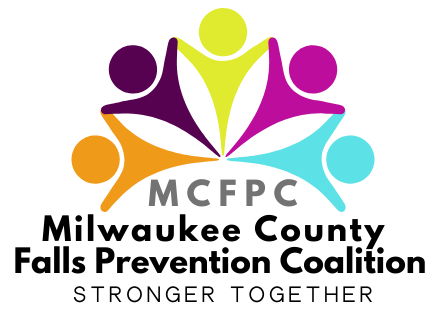TIP OF THE MONTH
Sleep
Sleep plays an essential role in health. It is common for older adults to experience changes in the quality and length of sleep due to changes that occur in the body’s internal clock. It is estimated that between 40-70% of older adults have chronic sleep issues, half of which go undiagnosed. Getting the proper amount of sleep not only improves your mood, but can also improve physical performance, reaction time, and your judgement of distance, speed, and time. All those things that translate to a decreased risk of falling!
Practical Tips
Use these simple strategies to improve your sleep routine and reduce falls.
Exercise. This will not only help you fall asleep but also improve the quality and length of sleep.
Reduce bedroom distractions. Take electronics such as cellphone or television out of the bedroom and avoiding bright lights when going to sleep.
Avoid substances such as alcohol, tobacco, and caffeine which discourage sleep.
Keep a regular sleep schedule. Go to bed and wake up at the same time every day. Be careful not to nap for too long.
Develop a bedtime routine with activities that relax you such as reading.
Decrease time spent sitting as much as possible.
Additional Resources
Sleeping Well in Stressful Times - National Council On Aging: sleep tips, stats, and strategies
National Sleep Foundation -Guidelines and sleep research
Tips for Dementia Caregivers – Resources from the Alzheimer’s Association
Home Safety Tips – Alzheimer’s Association
ALZConnected – Online forums to connect caregivers to resources and support.
MindMate - Multi-faceted app allows caregivers and their loved ones to participate in a variety of activities.
AmuseIT - App designed to stimulate communication between caregivers and person with dementia


